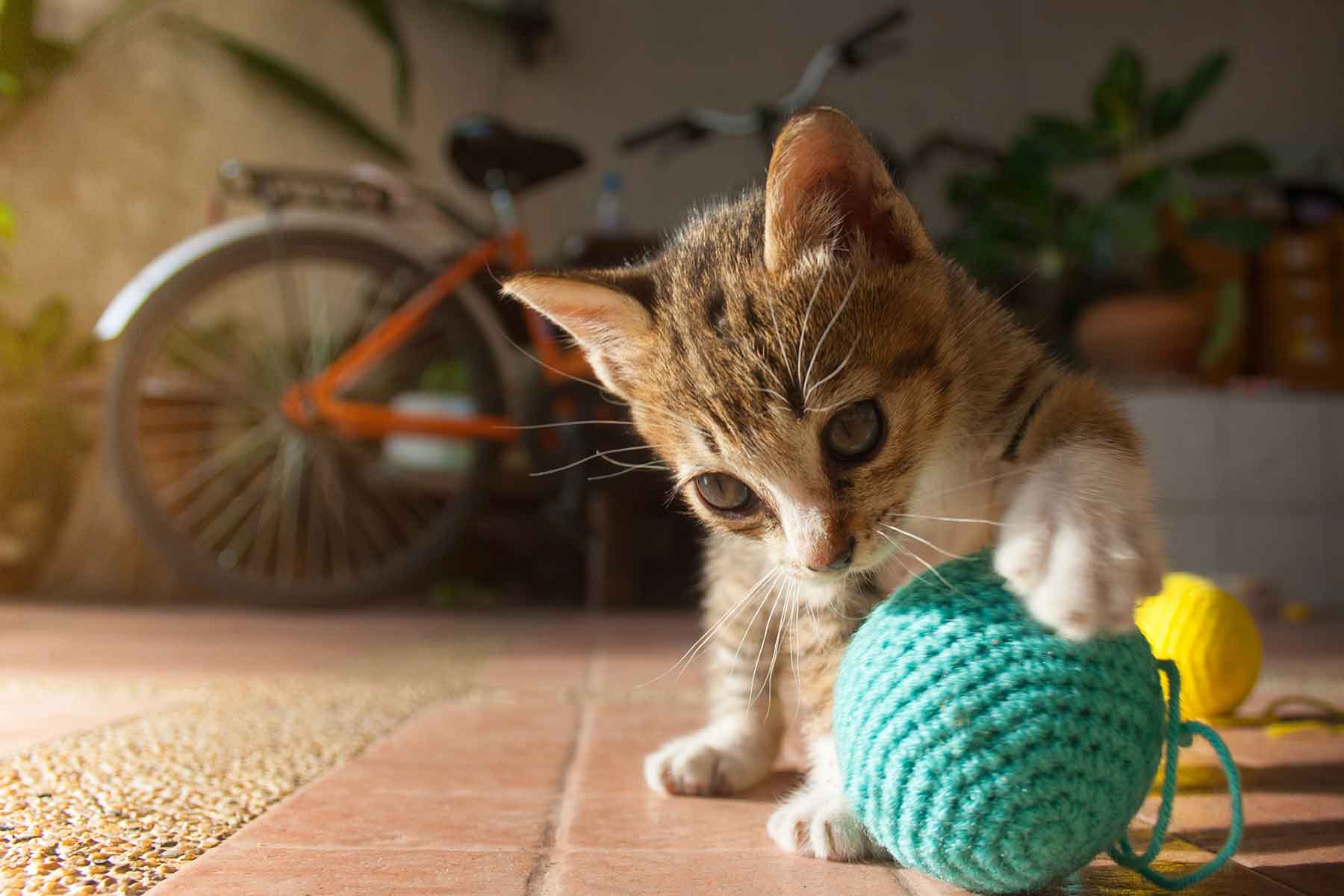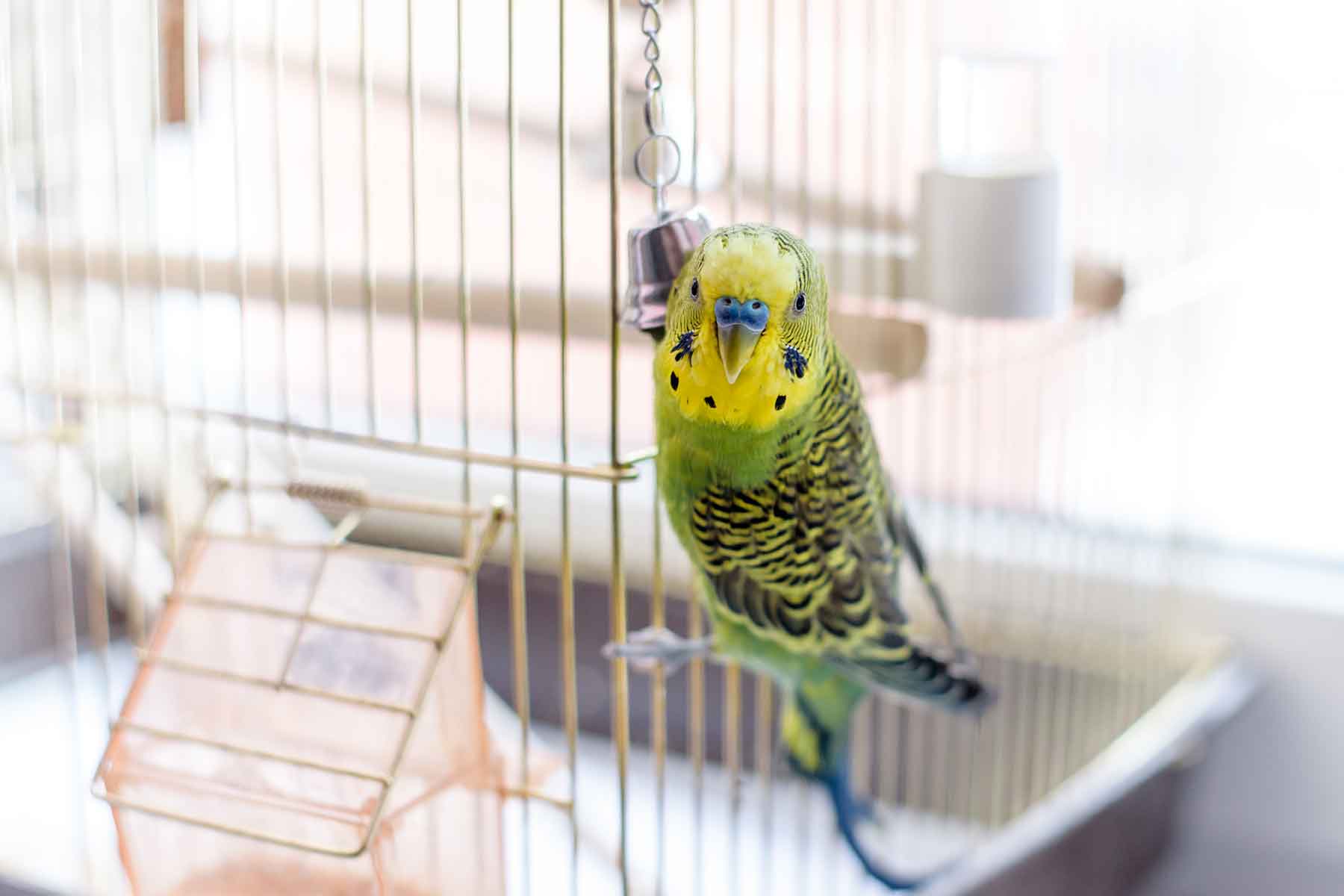Tapeworms and roundworms are two of the most common intestinal parasites of cats and should not be left untreated. Tapeworms are long flat worms composed of many individual segments whereas round worms are much shorter and have rounded bodies.
How can my cat get roundworms?
Eggs passed in the faeces can be ingested (eaten) by another cat. Or they may be eaten by another animal such as a mouse or rat, and a cat can be infected by preying on (eating) the other animal. Kittens may also get worms through the milk of the queen (mother).
How can my cat get tapeworms?
There are a variety of different tapeworms that can infect cats. These are the most common ways your cat can get tapeworm.
Eggs (in faeces) are eaten by flea larvae, and then other cats become infected with this tapeworm by ingestion (eating) an infected flea during grooming.
Eggs are eaten by another animal such as a rat or mouse so other cats become infected during hunting by eating an infected rodent.
Can worms infect humans?
It is possible for humans to be infected with both Round and Tape worms, the latter is very rare however, as it requires ingestion (eating) of an infected flea.
Roundworms (namely the Toxocara cati) is more of a concern, particularly in children, where ingestion of the eggs may result in migration of the worm larvae through the body and potential damage. This is much more of a risk with the dog roundworm (Toxocara canis) but can still occur occasionally with Toxocara cati.
Due to the potential human health hazard, as well as the possible ill-health to the cat, regular worming of cats is important. In addition, careful disposal of litter from litter trays is important, and ideally the tray should be disinfected weekly with boiling water.
What should I use to worm my cat, and how frequently?
A variety of products are available to treat roundworms and tapeworms in cats but they are not all equally effective. For the best advice on the type of worming preparation most suitable for your cat, simply ask one of our healthcare team.
As kittens can be infected with roundworms from a very young age it is important that worming is started early and repeated regularly. Tapeworms are more likely to be a problem in adult cats and at this age less frequent but still regular worming is required.
A suitable protocol for worming cats of all ages is:
- Kittens from 4 to 16 weeks of age – Treat every two weeks with a product active against roundworms, e.g. pyrantel.
- Cats 6 months of age and older – Treat every two to six months with a product active against both roundworms and tapeworms.
If you have any doubt about worming your pet or you suspect your cat may have worms, please contact your local vet clinic. There are a number of products on the market, some of which are inferior and we would prefer your pet receives the correct and safe dose. Unless you are using the correct product for your pet and situation you may not only be wasting your money, but also risking the health of your pet.
The precise frequency of treatment will depend on likely exposure to tapeworms in particular (for example whether fleas are present and whether the cat hunts).
Total Wellness Plan
Prevention is key when it comes to managing worms and parasites and as part of our annual healthcare plan you will receive monthly parasite control delivered direct to your door, so that you can take care of those pesky intestinal worms, heartworm and fleas without missing a dose. You will also receive annual vaccinations, unlimited consultations* and more – join the Total Wellness Plan today and enjoy greater convenience and peace of mind.
*For Classic plan members only.
If you have a dog, find out more about dogs and intestinal worms.











